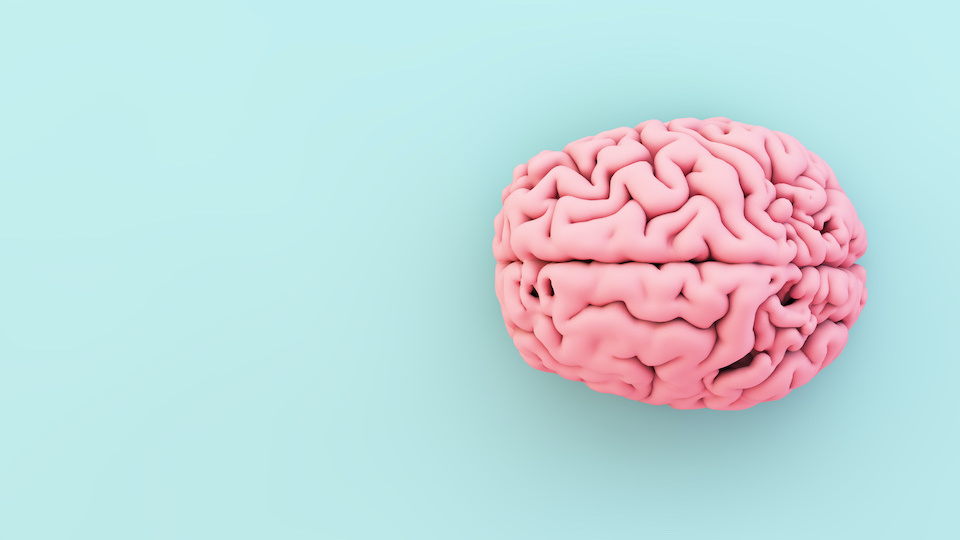Many people swear by their morning cup of coffee (or two). It’s delicious, it’s earthy, it helps us to wake up… what’s not to love? Tea is still the most popular beverage in the world, but coffee certainly deserves it’s spot in the top five.
If you’re a coffee aficionado, you may have already heard that it’s associated with some pretty exciting health benefits. For those who may not know, here are just a few of them:
– Coffee can improve your mood (most of us knew that one!)
– Coffee is rich in antioxidants, which help to fight inflammation
– Coffee may help boost cognitive function
– Coffee can boost your metabolism
– Coffee may reduce your risk of liver cirrhosis and liver cancer
– Coffee may lower the risk of developing type 2 diabetes
– Coffee may improve circulation
– Coffee may help to protect your DNA
There are more… but those alone make up quite a mountain of reasons to feel good about drinking coffee. Now, a new study published in the journal Scientific Reports gives us just one more reason… the caffeine found in our morning brew may have a protective effect against the development of dementia.
The very idea of dementia and its common clinical syndrome, Alzheimer’s disease, is something that strikes fear into everyone as they age. The prevalence of dementia is accelerating rapidly as more and more baby boomers enter “Act Three” of their lives… so there is good reason for their concerns about losing their memory, and their sense of self. There are few things that inspire more fear in seniors, and it’s easy to understand why.
So, how might coffee protect the aging population? For their study, researchers at Indiana University tested the effects of caffeine on an enzyme known as NMNAT2. This enzyme is known to have properties that help protect neurological function by shielding neurons from damage induced by stress. NMNAT2 has also been found by this team’s previous research to potentially help prevent tau proteins from forming into the plaques which are found in the brains of Alzheimer’s patients.
The researchers tested the impact of caffeine on mice that had lower levels of NMNAT2. After receiving doses of caffeine, these mice were found to have the same levels of NMNAT2 as normal, unaltered mice. As to the mechanism at work here, the researchers hypothesize that caffeine may help to protect certain pathways that help cells communicate, known as cAMP pathways, thus allowing greater response by the pathways to NMNAT2.
Although this is a mouse study, this new data adds to an existing body of literature that is increasingly supporting the protective role of caffeine and coffee in dementia. While more research certainly needs to be done on the caffeine-dementia connection, these results are promising. Many baby boomers love their coffee, and this research gives them (and all of us) another good reason to drink it. Great news for coffee lovers worldwide.
Cheers,
– Dr. Joshua Levitt









